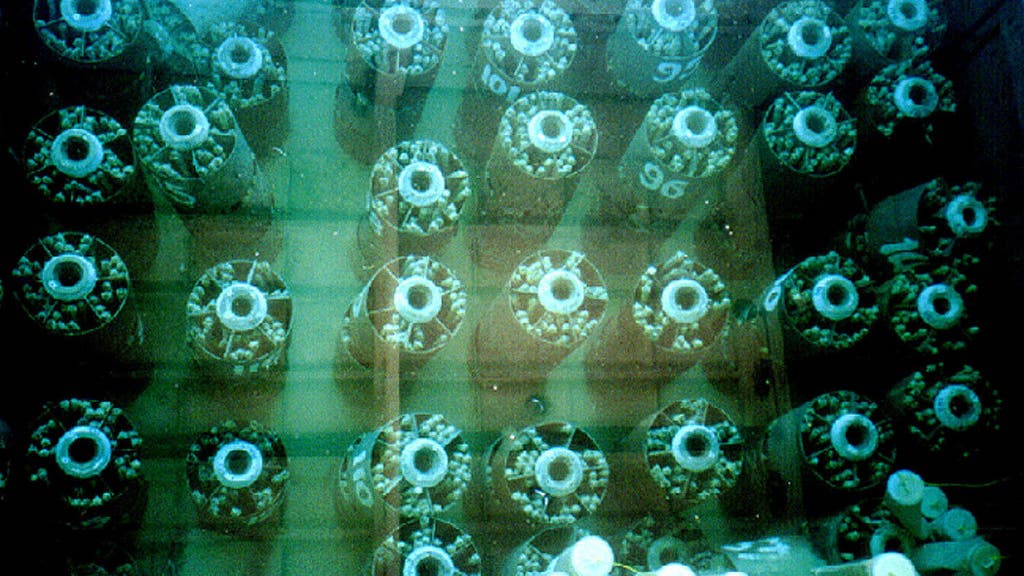RIO DE JANEIRO, BRAZIL – Although Israel and the United States, in particular, are trying to sabotage a new edition of the nuclear deal with Iran, other countries are trying to save it.
There are fears of a regional nuclear arms race should Iran be able to produce atomic weapons, as the International Atomic Energy Agency (IAEA) makes clear, not without reason.
Read also: Check out our coverage on curated alternative narratives
Given the continuing high energy prices, the Europeans, in particular, are not particularly interested in an escalation of the situation in the Middle East. No wonder, then, that Josep Borrell, the man in charge of E.U. foreign policy, is currently “canvassing” capitals in the region, trying to find support for the deal.
The EU's Borrell and Iran's Amir-Abdollahian spoke on the phone tonight. pic.twitter.com/SbIfDDAgoW
— Kian Sharifi (@KianSharifi) July 5, 2022
“If we want to agree, we have to make decisions now. That is still possible, but the political space for reviving the JCPOA may soon shrink,” he tweeted earlier this week. He has recently been to both Tehran and Doha, Qatar, and has spoken with both sides, who blame each other for the stalled negotiations.
The U.N. atomic energy agency, the IAEA, has also renewed warnings of tensions between Iran and Israel that may be quickly eased if a solution to the nuclear agreement is found.
IAEA Director General Rafael Mariano Grossi warned that an arms race could break out in the Middle East if the Islamic Republic moves closer to nuclear weapons capability – although Tehran has long insisted that its nuclear program is for peaceful energy purposes.
“We are now in a situation where Iran’s neighbors may fear the worst and plan accordingly. There are countries in the region today that are paying very close attention to what is happening with Iran, and tensions in the region are rising,” Grossi said Tuesday in a statement quoted by Bloomberg.
“Political leaders have openly stated that they would seek nuclear weapons if Iran were to pose a nuclear threat.”
It should be recalled, for example, that Saudi Arabia had also declared its intention to launch a nuclear weapons program and become a nuclear power itself in the event of an emergency (see here and here).

Riyadh would probably receive support from Pakistan and the United States. In the United States, nuclear technology supply to the Saudis has been under heavy public fire.
If the nuclear deal were to fall through entirely, the Saudis would seek to possess nuclear weapons themselves, creating a power-strategic “stalemate.”
But whether this would provide more regional geopolitical security may be doubted. After all, other countries, including the United Arab Emirates, which want to emancipate themselves from the Saudis, could then seek to acquire them.

